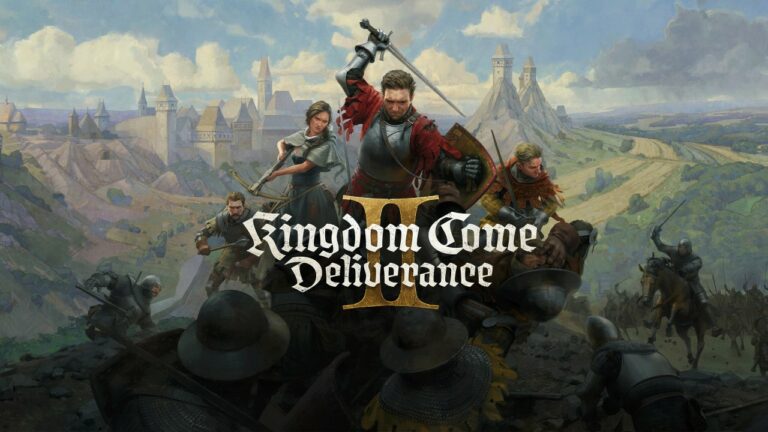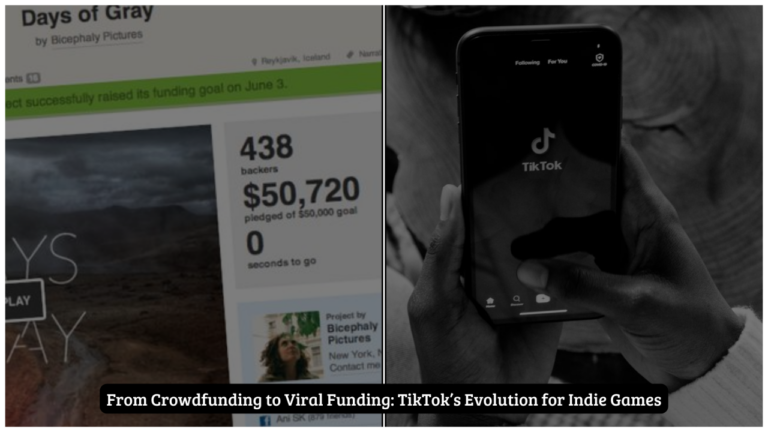Video game franchises are no longer just played—they’re experienced. From movie theaters to streaming platforms, publishers and development studios are transforming their creations into the new gold standard for transmedia branding. In this article, we’ll break down how these adaptations are reshaping digital marketing and what this means for the entertainment industry.
Introduction: The new paradigm of video game marketing
Marketing in the entertainment industry has been forever changed. Once considered a niche medium, video games now lead the charge in transmedia storytelling. This isn’t just a trend; it’s a strategic shift that combines branding, revenue diversification, and emotional connection with audiences.
Examples like The Last of Us on HBO , Cyberpunk: Edgerunners on Netflix , and upcoming projects like Ghost of Tsushima and The Legend of Zelda demonstrate how video games are conquering other formats—and doing so with something Hollywood envies: highly engaged audiences willing to invest.
Why are video games the new entertainment standard? The answer lies in their ability to offer immersive worlds, unforgettable characters, and a depth of emotional connection that’s hard to replicate in other media.
How video games conquered Hollywood: From failure to triumph
Video game adaptations weren’t always the blockbusters they are today. Films like Super Mario Bros. (1993) or Doom (2005) left both fans and critics unimpressed. The issue? A shallow approach that failed to grasp the essence of the games.
Today, the story is different. Thanks to advancements in video game storytelling and a cultural shift in how these adaptations are perceived, projects like The Last of Us have shown it’s possible to honor the source material while creating something new and exciting.
The rise of streaming
Platforms like Netflix, Prime Video & Amazon MGM Studios , and HBO have played a critical role. Unlike movies, series allow room to explore complex stories and build deep emotional connections—perfect for franchises like The Witcher, which already spans games, books, and a successful Netflix series.
Arcane is another brilliant example. This series, based on the League of Legends universe, not only won an Emmy but also reinvigorated interest in the game, attracting new players and boosting sales of skins and related merchandise.
The branding impact: Video games as expanded universes
Adaptations are more than entertainment; they’re powerful branding tools. Every series or movie based on a video game reinforces the franchise’s perception, attracting both loyal fans and new audiences.
1. Reaching new audiences
The debut of The Last of Us on HBO brought in viewers who had never touched a controller. According to Sony, game sales rose 238% after the series premiere, as new players sought to experience the original story.
2. Deepening fan loyalty
For long-time gamers, these adaptations deepen their emotional connection to the franchise. This phenomenon keeps games relevant and sparks ongoing discussions across social media and forums.
3. Cultural legitimization
Once dismissed as “lesser entertainment,” video games are now regarded as art. Adaptations like The Witcher and Cyberpunk: Edgerunners have elevated gaming’s status to rival that of film and literature.
Transmedia marketing: The key to success
The success of these adaptations is no accident. It’s backed by transmedia marketing campaigns designed to maximize impact at every audience touchpoint.
1. Transmedia content: Beyond the game
Transmedia marketing connects different formats to build a cohesive narrative ecosystem. For example:
-
- The Witcher spans books, games, and a Netflix series, creating an expanded universe.
-
- Cyberpunk 2077 released game updates and exclusive content after the anime’s success, keeping the conversation alive.
2. Influencers and communities
Platforms like Twitch and YouTube are essential for engaging younger audiences. Influencers don’t just promote the games but also the adaptations, generating immediate buzz and anticipation.
3. Social media and viral campaigns
Strategic use of hashtags and global trends ensures that brands stay in the conversation. Example: #TheLastOfUs trended worldwide for weeks after the show’s release.
Trends shaping the future of adaptations
1. High-quality productions
Video game adaptations are no longer side projects. With multimillion-dollar budgets, studios like HBO and Netflix are investing in productions that rival top-tier series and films.
2. Animation as a branding tool
Series like Arcane and Cyberpunk: Edgerunners have shown that animation can deliver mature, emotionally resonant stories, opening new possibilities for future adaptations.
3. Interactive experiences
The future won’t just be on screens but in immersive experiences like Virtual Reality (VR) and Augmented Reality (AR). Games like Half-Life: Alyx are already laying the groundwork for this shift.
Metrics: Tangible results of adaptations

Lessons for modern marketing
For marketing professionals, video game adaptations offer a clear roadmap:
-
- Emotional connection: Authentic, well-told stories build long-term loyalty.
-
- Leverage the digital ecosystem: From social media to influencers, the key is being where the audience is.
-
- Aim high: Quality matters. Modern consumers expect productions that respect their time and emotions.
Video games are leading the future of entertainment
Video game adaptations aren’t just a trend—they’re a revolution. They represent the perfect convergence of branding, storytelling, and technology, creating new opportunities for the entertainment and marketing industries.
For publishers and industry professionals, the message is clear: innovate, collaborate, and bet on what’s next—a world where video games are not just played but lived across every possible medium.



